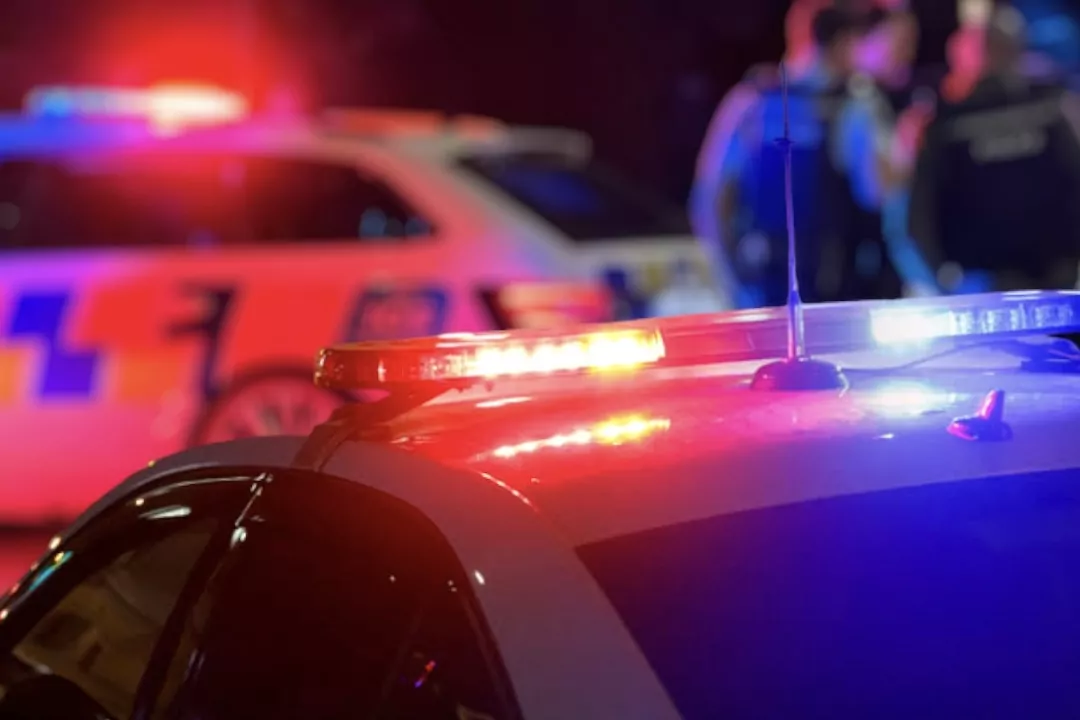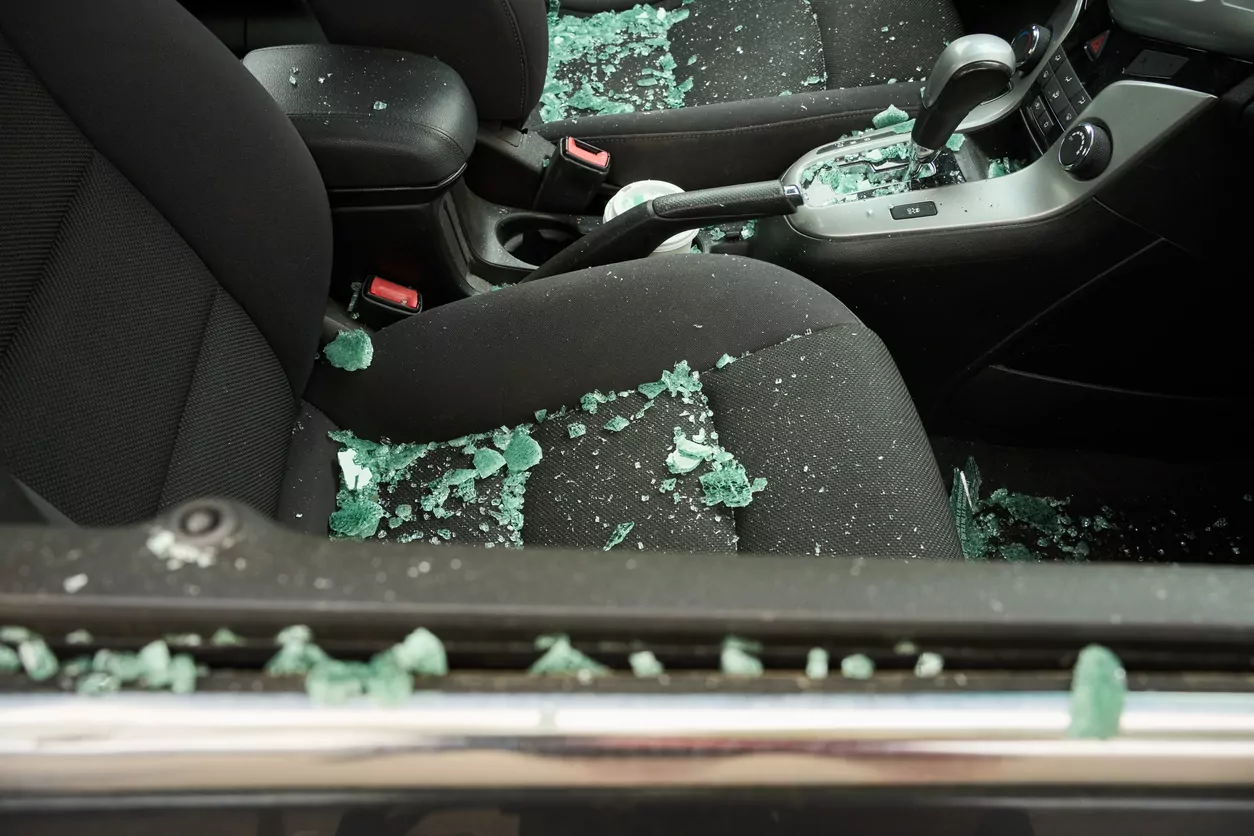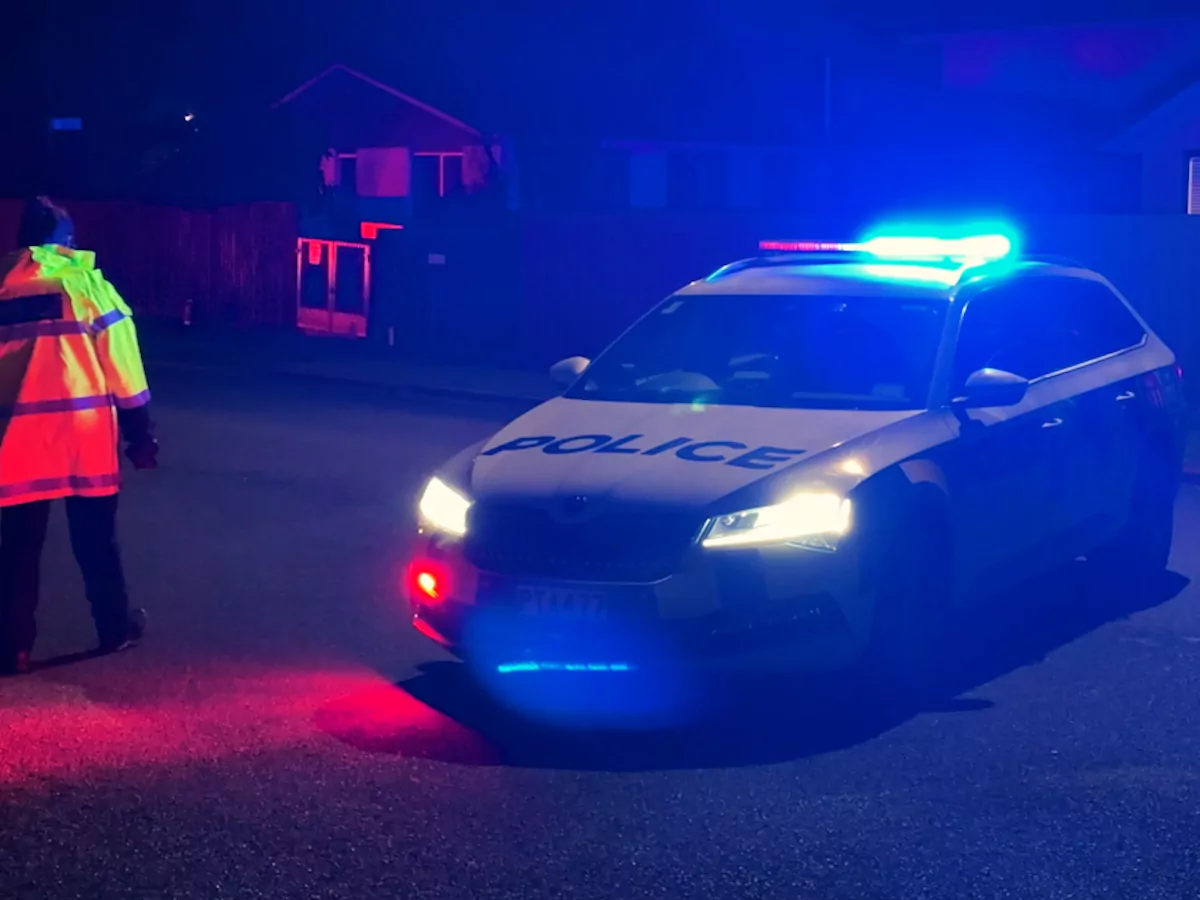Escaped youth tracked by Eagle helicopter, found hiding in New Brighton
The young person who escaped from a youth justice facility in Rolleston has been located...
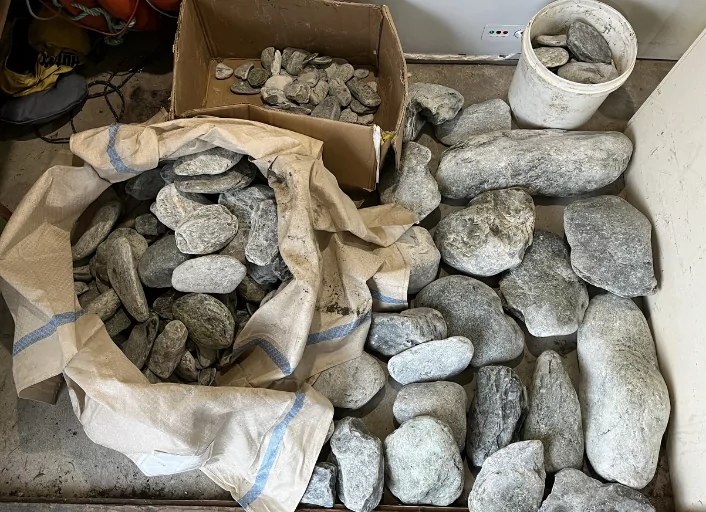
West Coast Police have recovered hundreds of pieces of stolen pounamu following a tip-off from a member of the public.
A total of 365 pieces and boulders of the precious stone were found in a vehicle travelling from the Jackson River in South Westland on Wednesday 28 May.
Police said a member of the public saw the vehicle heading up the river and reported it to Te Rūnanga o Makaawhio, which represents the local hapū Ngāi Māhaki. The rūnanga then contacted Police.
Franz Josef officers were quickly deployed and successfully intercepted the vehicle, recovering the stolen pounamu.
Public fossicking for pounamu is only permitted on beaches. Ngāi Tahu members can legally collect pounamu from rivers, but only if they hold a permit issued by their local hapū. Police confirmed the people involved did not have permission.
Inspector Tracey Wharehoka said the theft was treated as seriously as any other stolen property.
“We are pleased we were able to move quickly and intercept these alleged thieves in the act,” she said.
“People are often under the impression that because some of these West Coast locations are remote, no one else is watching. This incident proves that is simply not true, and our tight-knit community have their eyes and ears switched on for any unusual activity.”
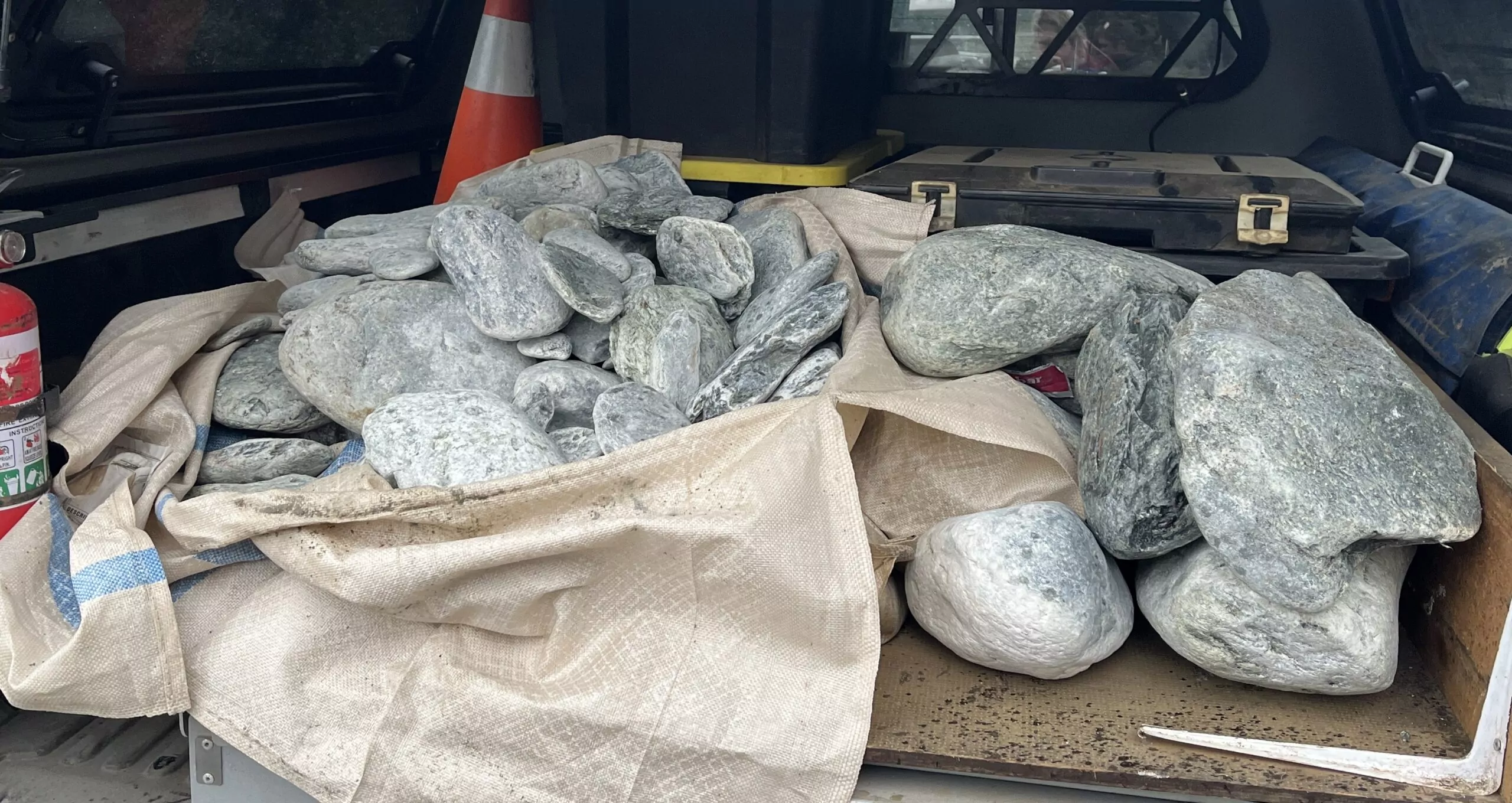
Supplied / Chris Lynch Media
The pounamu will be returned to the hapū, and the matter remains under investigation.
Two men in their 30s were spoken to at the time. Charges are being considered.
Te Rūnanga o Makaawhio chairman Paul Madgwick thanked Police for their swift response, saying pounamu theft remains an ongoing problem in remote areas.
“While the Vesting Act confirms that all pounamu is owned by Ngāi Tahu, our respective pounamu management plans provide an opportunity for the public to fossick freely on the beaches, and also recognise the right of Ngāi Tahu members to collect pounamu themselves, within boundaries,” he said.
Madgwick urged anyone unsure about the rules to contact their local rūnanga for clarification.
Inspector Wharehoka added that recovering stolen pounamu was as much about education as it was about enforcement.
“We will continue to work with local iwi and those involved for the best action and outcome for all,” she said.
